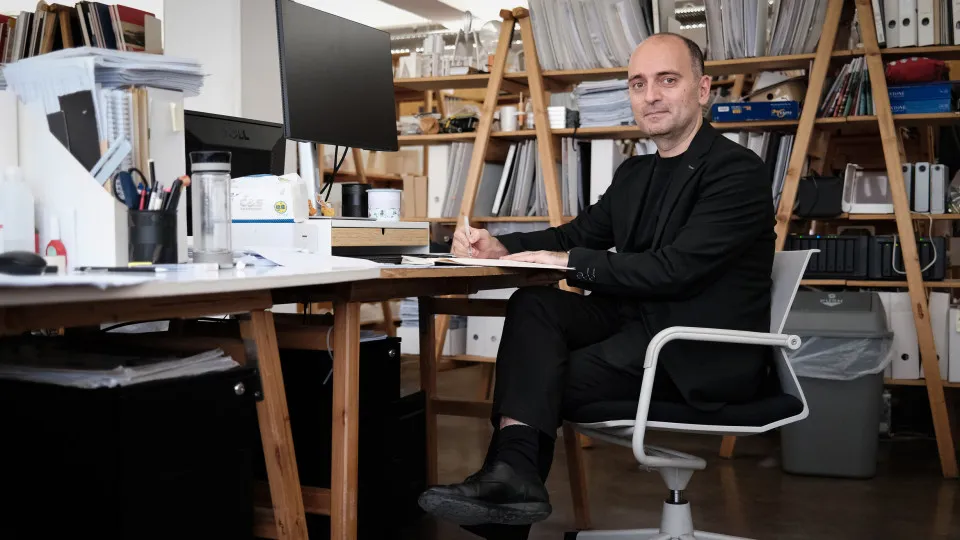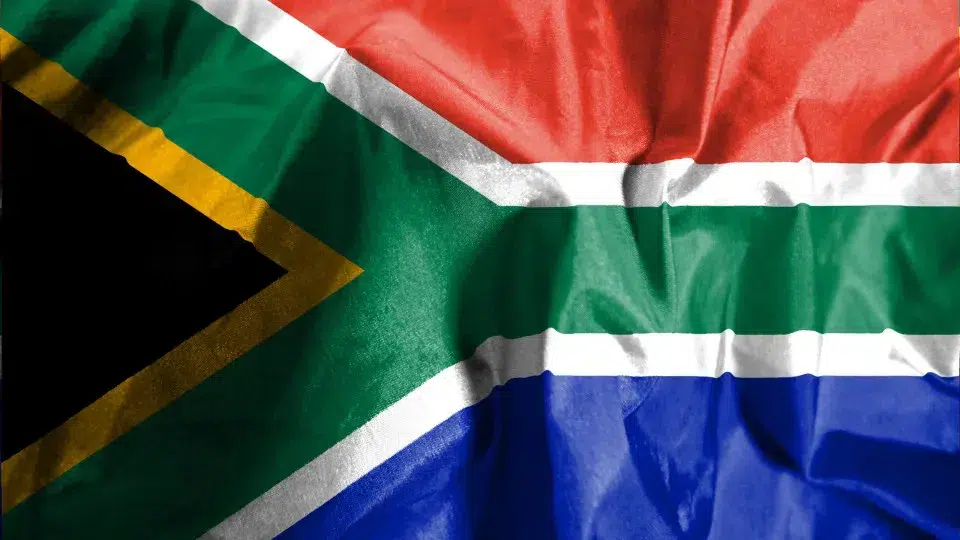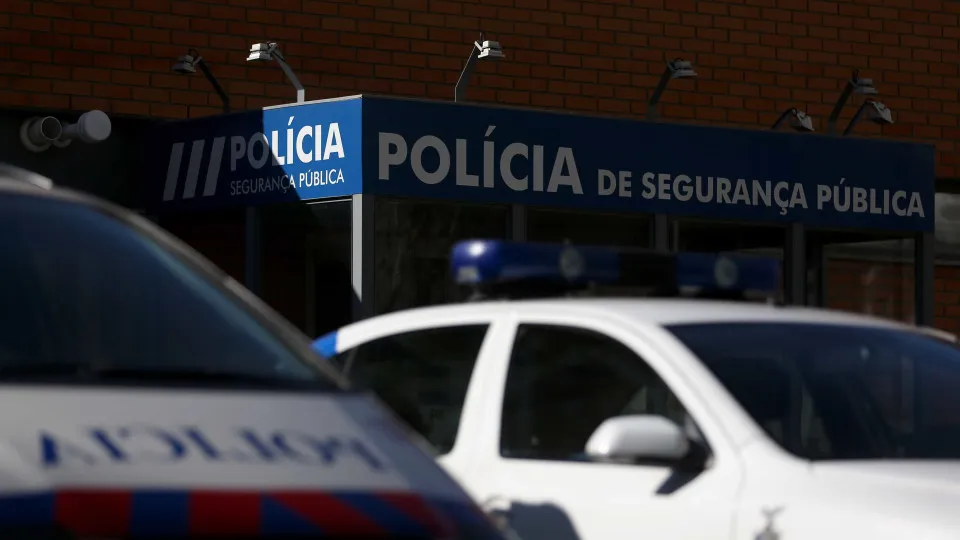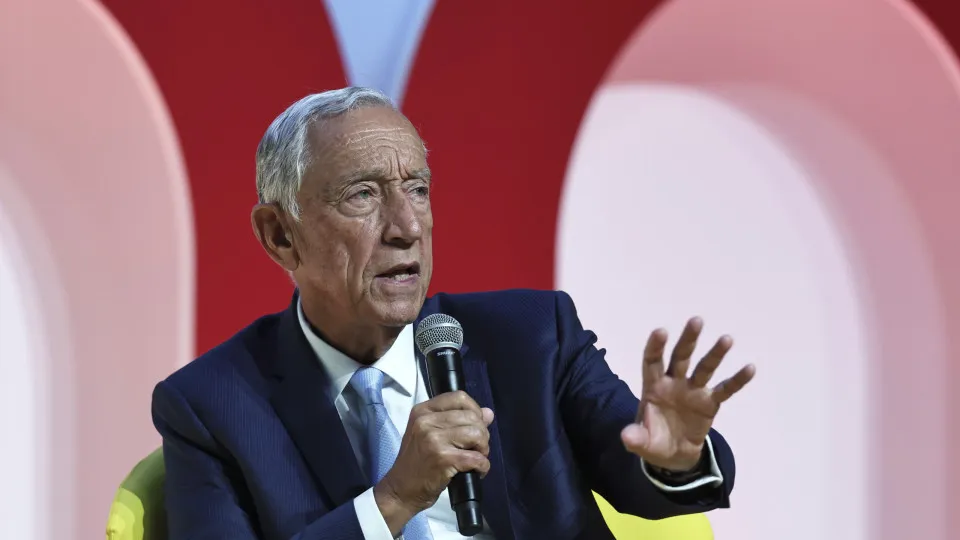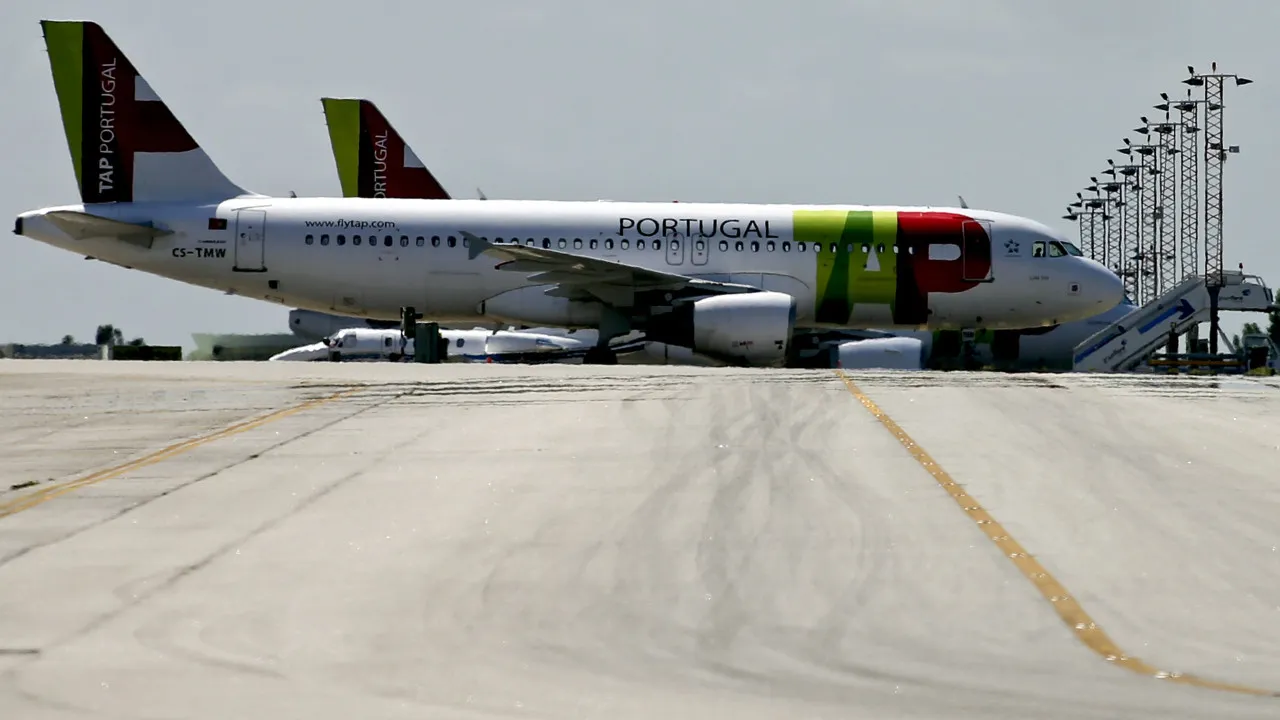
The government approved on Thursday the decree-law for the reprivatization of 49.9% of the national airline (44.9% for investors and 5% for workers), aiming to complete it within a year, although the price remains unspecified.
The group remains interested in acquiring a stake in the Portuguese company, pending the conditions set by the Portuguese government for this transaction.
The terms of the sale have not yet been disclosed, although the government emphasized the importance of maintaining strategic routes to destinations with Portuguese emigrants and Lusophone countries, especially Brazil and African nations, which justifies retaining a 50.1% majority stake.
Maintaining the headquarters and the hub in Lisbon (air traffic distribution center) are additional conditions that the Portuguese government will impose on buyers.
In October, the previous government, also led by Luís Montenegro, confirmed ongoing negotiations with the three largest European airline groups (IAG, Lufthansa, and Air France-KLM).
In January, during a meeting with Portuguese journalists in Dublin, Ireland, IAG executive Jonathan Sullivan stated that the group had expressed interest to the Portuguese government in a majority stake in TAP over time, should the purchase proceed, a decision that will depend on the conditions set by the state.
“Over time, we would like to have a path to a majority [position], as it would allow the business to grow without the investment of other shareholders,” Sullivan said.
The IAG executive noted that TAP’s business is attractive for “many reasons,” such as the hub, which he described as “a tremendous asset,” as well as connectivity with Latin America and North America, which would “be a good complement” to the operations of IAG group airlines, such as Aer Lingus.
The Irish flagship airline Aer Lingus was acquired by IAG in 2015, in a process that raised some concerns from the government, which maintained a stake and imposed conditions such as preserving the brand, the hub in Dublin, and connectivity with London — Heathrow.
“[The Portuguese government] is very similar to the Irish one and we encourage that because it has been good for the population, it’s good that the government is involved with strategic interests, as the Irish one has been,” Sullivan pointed out.
“[If we buy,] we want TAP to remain proudly Portuguese,” emphasized the IAG executive on that occasion.
Asked about concerns regarding the potential end of TAP’s hub in Lisbon, due to its proximity to Iberia’s hub in Madrid, another airline within the aviation group, Sullivan assured that the group’s interest, should they proceed with the purchase, is to develop both hubs.
“Having hubs that are, in some ways, close is very positive, […] because passengers benefit,” he argued, noting that Dublin is closer to London than Lisbon is to Madrid, just as Barcelona and Madrid are closer than Lisbon and Madrid.
The IAG group comprises eight airlines, including British Airways, Iberia, Vueling, and Aer Lingus.

